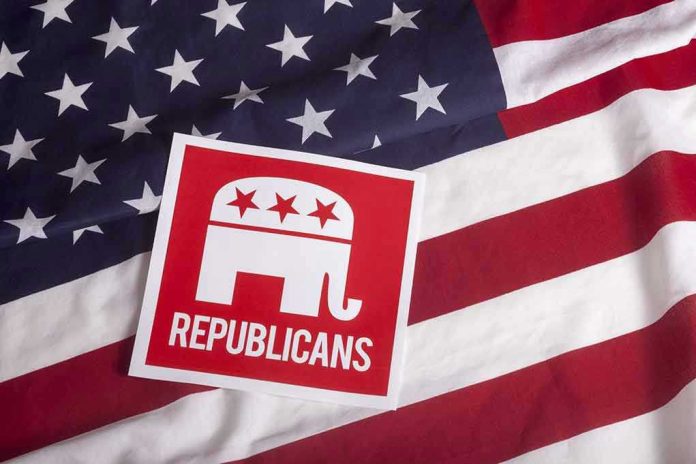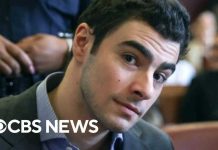
Winsome Earle-Sears capitalizes on a debate mishap to potentially reshape Virginia’s political future.
Story Snapshot
- Winsome Earle-Sears seizes opportunity after Spanberger’s debate missteps.
- Spanberger’s performance criticized for interruptions and lack of composure.
- Immediate media and political analysis highlight debate fallout.
- Earle-Sears launches strategic campaign response to gain momentum.
Debate Fallout and Immediate Reactions
The Virginia gubernatorial debate on October 9, 2025, became a turning point when Democrat Abigail Spanberger’s performance was widely criticized. Her frequent interruptions and apparent lack of composure drew negative attention, creating a media frenzy. Analysts quickly highlighted these issues, suggesting they might damage her image among voters who value decorum and leadership in their representatives. This opened a door for her opponent, Winsome Earle-Sears, who wasted no time in reacting strategically to the developments.
Winsome Earle-Sears Makes Her Move After Abigail Spanberger's Disastrous Debate Performance https://t.co/kW4k6x8vbL
— Meredith Marshall (@MeredithMarsha1) October 10, 2025
Winsome Earle-Sears, known for her conservative values and dynamic campaigning, saw Spanberger’s debate issues as an opportunity to redefine her campaign narrative. On October 10, she launched targeted messaging and campaign events, focusing on her strengths and Spanberger’s perceived weaknesses. This rapid response demonstrated Earle-Sears’ agility and tactical awareness, reshaping the political landscape in Virginia as both candidates vied for the support of independent and undecided voters.
Campaign Strategies and Voter Dynamics
Virginia’s gubernatorial race is highly competitive, with national implications. Spanberger, a former CIA officer, initially led the polls, thanks to her bipartisan credentials. Earle-Sears, a former Lieutenant Governor, focused her campaign on law and order, education, and economic issues, appealing to conservative and moderate voters. The debate was a pivotal moment in the race, especially given Virginia’s closely divided electorate where suburban and independent voters play a decisive role.
Following the debate, media coverage became a crucial battleground. Earle-Sears’ campaign emphasized her leadership qualities and criticized Spanberger’s debate conduct, framing herself as the more disciplined candidate. This narrative found resonance among voters concerned about leadership demeanor. Meanwhile, Spanberger’s team attempted to downplay the debate fallout, redirecting the focus to policy issues, but the immediate impact on the campaign dynamics was undeniable.
Potential Impact on the Election
The implications of the debate could be significant in both the short and long term. In the short term, Earle-Sears might gain momentum among undecided voters, especially those sensitive to candidate demeanor. This shift could tighten the race, which previously showed Spanberger with a comfortable lead. In the long term, if Earle-Sears sustains her narrative and Spanberger fails to recover, the debate could mark a turning point in the campaign, altering the political landscape in Virginia with potential national repercussions.
Political experts and analysts are closely watching this race as a case study in the impact of debate performance and rapid campaign response. The outcome will not only affect Virginia’s policy direction but also signal national trends. As both campaigns continue to strategize, the debate over civility and leadership style remains a focal point, potentially influencing voter engagement in the final weeks before the election.
Sources:
Takeaways from the only debate in the Virginia governor’s race









